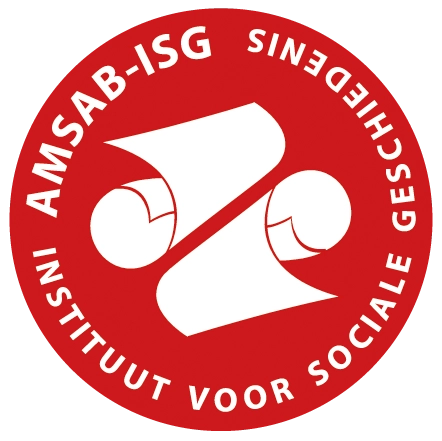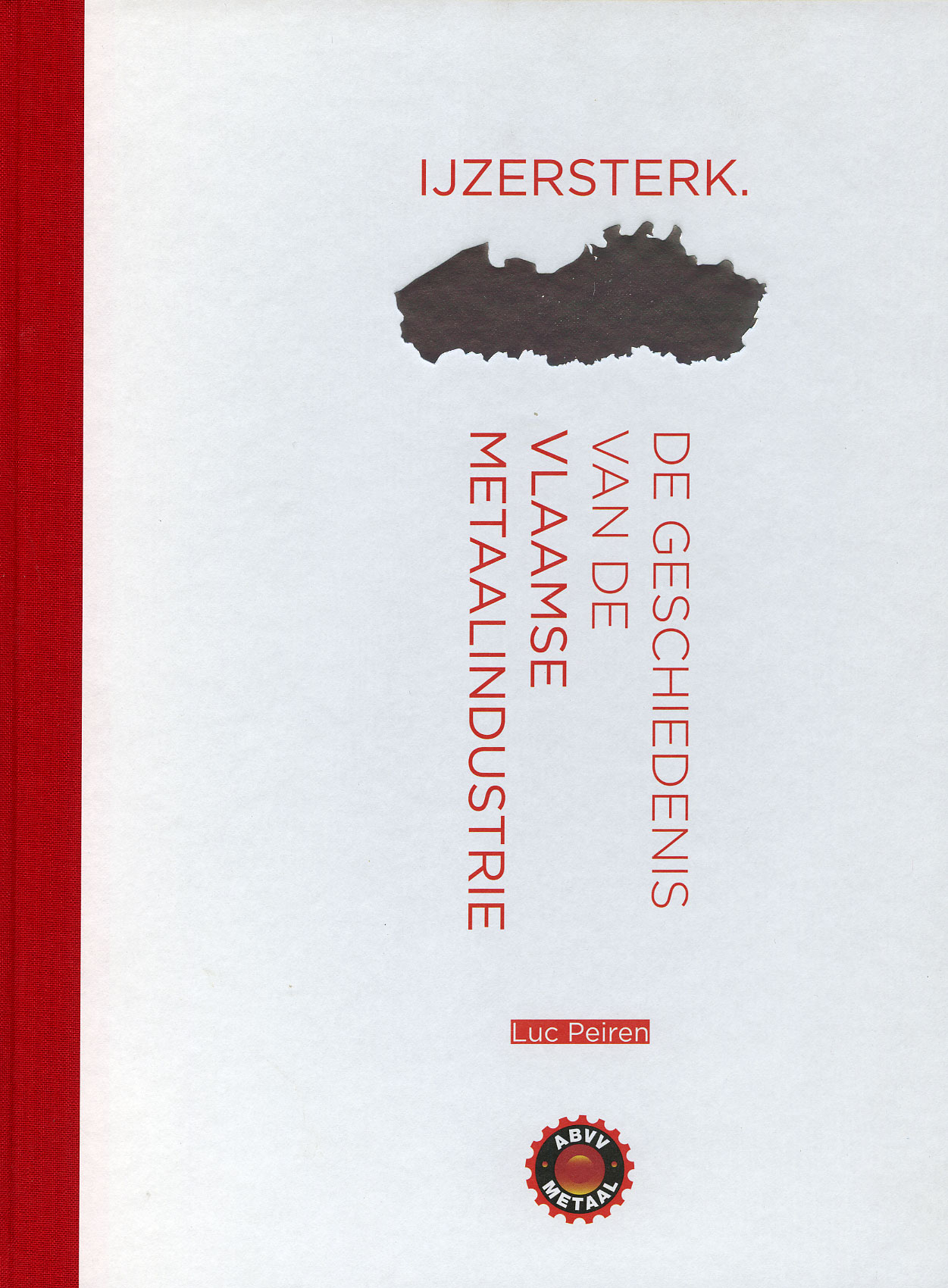
Amsab-ISG
Bagattenstraat 174
9000 Gent
Tel: +32 (0)9 224 00 79
E-mail: info@amsab.be
Openingsuren
Bereikbaarheid

De geschiedenis van de Vlaamse metaalindustrie
Dit boek kent twee verhaallijnen. Eerst wordt aandacht besteed aan de evolutie van de Vlaamse metaalnijverheid in pakweg de voorbije 250 jaar, daarna wordt nagegaan hoe de (socialistische) metaalbewerkers zich al die tijd organiseerden om hun belangen te verdedigen. Dat was geen eenvoudige klus. De Vlaamse metaalindustrie en het socialistische metaalbewerkerssyndicalisme in Vlaanderen werden immers lang gedomineerd door de Waalse staalindustrie en het net minder vurige syndicalisme van de staalarbeiders onder de staalgrens. Zo ontstond het monolitisch beeld van een Belgische metaalnijverheid gedomineerd door de staalindustrie en de machineproductie, en een Belgisch metaalbewerkerssyndicalisme gekleurd door Waals voluntarisme.
Het onderzoek naar de Vlaamse metaalindustrie en het socialistische metaalbewerkerssyndicalisme boven de taalgrens laat evenwel een heel ander beeld zien. Hoewel ook de Vlaamse metaalindustrie zijn wortels had in de vooral Gentse machinebouw (textielnijverheid), groeide de sector snel uit tot een diverse zeer nijverheidstak met een belangrijke elektrotechnische nijverheid (Bell, ATEA, Philips, Barco ...), non-ferro-industrie (Nyrstar ...), automobielconstructie (General Motors, Ford, Chrysler, Renault, Volvo maar ook Peugeot, Mercedes, Triumph, Saab, Bogward enz.) en uiteindelijk ook een eigen staalindustrie (Sidmar, Aperam ...). Die diversiteit maakt dat de socialistische metaalbond ABVV-Metaal vandaag nog altijd de belangen behartigt van een brede groep metaalarbeiders in Vlaanderen. En hoewel ook het Vlaams metaalbewerkerssyndicalisme sedert de economische crisis van 1974 veeleer in het defensief werd gedrongen, is het geen lijdzame vakbeweging. Integendeel, IJzersterk wijst uit dat de Vlaamse metaalbewerkers net zo goed revolutionaire oprispingen kenden als hun collega’s in het zuiden van het land. Al ging de voorkeur toch steevast uit naar het overleg. De tegenstellingen tussen Vlaams en Waals syndicalisme tout court waren misschien nog wel het sterkste aanwezig in de oude federale Centrale der Metaalbewerkers van België. Het is dan ook niet zo verwonderlijk dat de Vlaamse en Waals/Brusselse metaalbewerkers gaandeweg hun eigen weg zochten. Sinds 2006 is ABVV-Metaal een autonome Vlaamse metaalbewerkersbond binnen het ABVV.
Luc Peiren
ABVV-Metaal/Amsab-ISG, Brussel/Gent, 2018, 353 pp., ill., hardcover